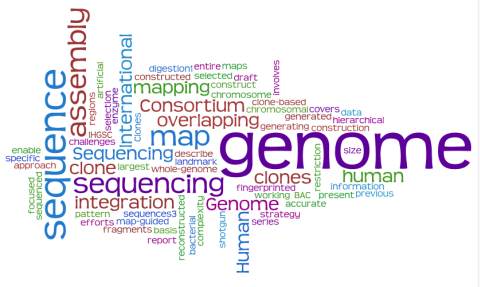Yesterday we had been in “Schloss Nymphenburg” for the “Serenade im Park“. I did not know about the close connection of Munich and Venice where even Gondolieres had been hired by the former Bavarian emperors… So it was quite natural to hear some Canzoni Napolitane, traditional songs like La Danza, Torna a Surriento, Santa Lucia while my favorite was “Tu vuò fà l’americano” by Maria Tselegidis, simply wonderful also the encore. My limited Italian did not allow to understand the Neapolitan dialect that says
Puorte’ o canzone cu’ ‘nu stemma arreto,
‘na cuppulella cu ‘a visiera aizata.
Passe scampanianno pè Tuleto
comme a’ nu guappo pe’ te fa guardà!Tu vuò fa l’americano!
“mmericano! mmericano!”
Siente a me, chi t’ho fa fa?
Tu vuoi vivere alla moda
ma si bive “Wisky and soda”
po’ e sente ‘e disturbà.
Tu abballe ‘o “Rocco Roll”
tu giochi al “basebal”
ma ‘e solde pe’ Camel
chi te li fa?..
La borsetta di mammà!
Tu vuò fa l’americano
“mmericano! mmericano!”
ma si nato in Italy!
Siente a mme non ce stà niente a ffa
Okay, napolità!
Tu vuò fa l’american!
Tu vuò fa l’american!Comme te po’ capì che te vò bene
si tu le parle ‘mmiezzo americano?
Quando se fa l’amore sott’a luna
comme te vene ‘capa e di “j love you!?”
which is about an Italian who imitates an American (see translation). Although I can’t replay the excellent performance of Maria Tselegidis here, there are several versions of ‘Tu vuò fà l’americano” at Youtube – the famous one with Sophia Loren, the Ripley variant and a talented amateur version. Or watch the Puppini Sisters:
What’s the connection to Science Surf? I know also a lot of European scientists “vuò fà l’americano”, yea, yea.
